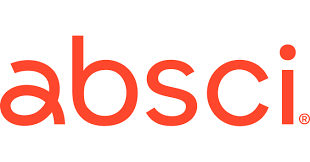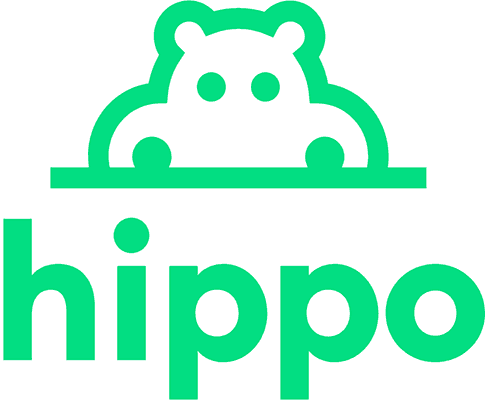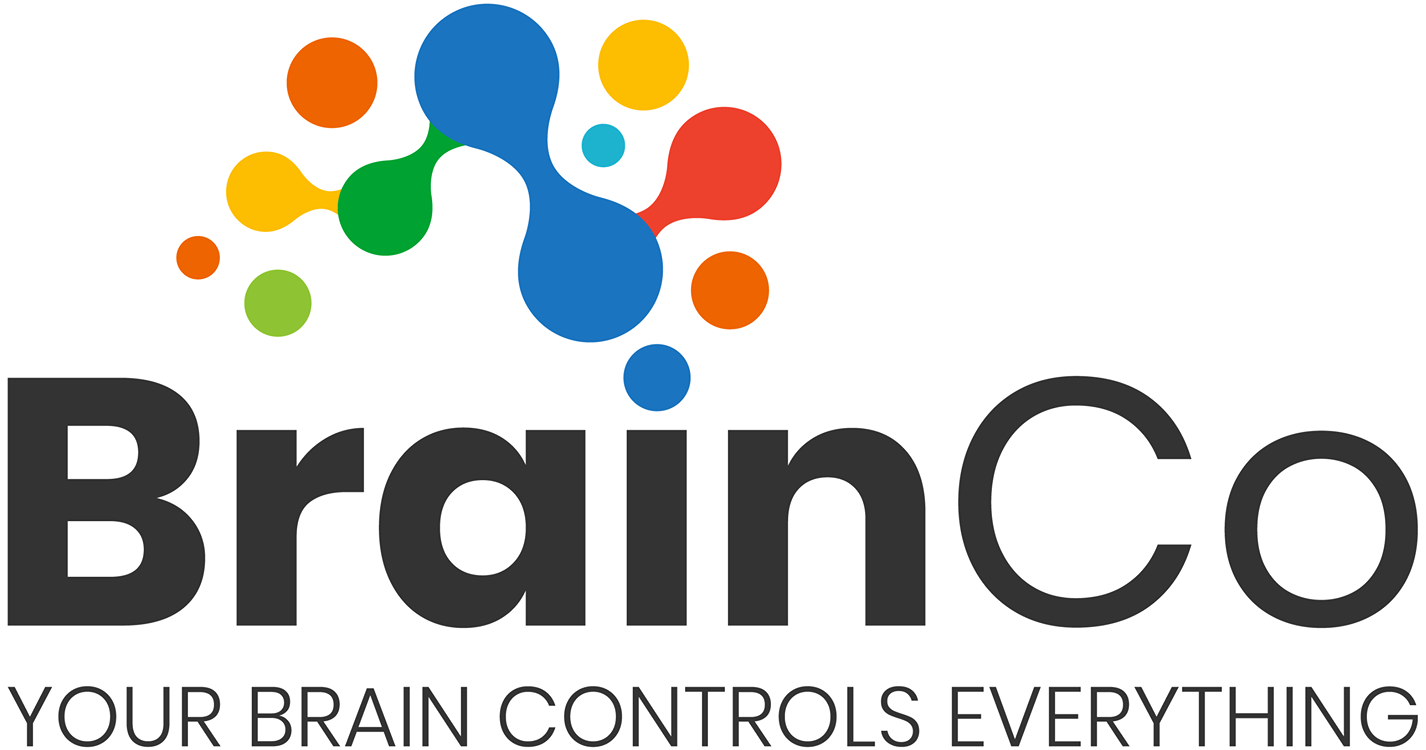





























Increased application performance by 40% through optimizing database queries and implementing caching strategies.
Led a team of 5 developers to deliver 3 major feature releases ahead of schedule over a 6-month period.
Mentored junior developers in best practices for code quality and test-driven development.
Aisha spearheaded the development of a real-time analytics dashboard for a high-traffic e-commerce platform. The project involved integrating multiple data sources and implementing efficient data processing algorithms. The resulting dashboard provided valuable insights that led to a 15% increase in customer conversion rates.
Reduced cloud infrastructure costs by 30% through implementing serverless architecture and optimizing resource allocation.
Automated 75% of manual testing processes, cutting QA time by half and improving overall product quality.
Contributed to open-source projects, focusing on enhancing security features in popular JavaScript frameworks.
Damien led the migration of a legacy monolithic application to a microservices architecture. This involved breaking down the existing codebase into modular services and implementing container orchestration using Kubernetes. The project resulted in improved scalability and easier maintenance of the application.
Developed a machine learning model that improved fraud detection accuracy by 25%, saving the company an estimated $2 million annually.
Implemented continuous integration and deployment pipeline, reducing release cycle time from 2 weeks to 2 days.
Collaborated with UX designers to revamp the user interface, resulting in improved user satisfaction scores.
Elena designed and implemented a natural language processing system for customer service automation. The system uses advanced AI techniques to understand and respond to customer queries. This project has successfully automated 60% of customer interactions, significantly reducing response times and improving customer satisfaction.
Optimized mobile app performance, resulting in a 50% reduction in load times and a 20% increase in user retention.
Led the development of 10 RESTful APIs, enabling seamless integration with partner services and expanding product functionality.
Implemented comprehensive error logging and monitoring systems, enhancing the team’s ability to identify and resolve issues quickly.
Tariq developed a blockchain-based supply chain tracking system for a major logistics company. The project involved creating smart contracts for automated tracking and implementing a user-friendly interface for real-time monitoring. This system has significantly improved transparency and reduced disputes in the supply chain process.
Increased unit test coverage from 60% to 95%, resulting in a 40% reduction in post-release bugs.
Optimized database queries, reducing average response time by 200ms and improving overall system performance by 35%.
Championed the adoption of accessibility standards, ensuring all new features met WCAG 2.1 AA compliance.
Olivia led the development of a cross-platform mobile application for a health tech startup. The app integrates with various wearable devices to provide personalized health insights and recommendations. Her innovative approach to data visualization has made complex health data more accessible to users, contributing to a rapid growth in the app’s user base.
With our extensive candidate network and dynamic team search approach, Redfish recruiters can greatly reduce your time to hire compared to in-house hiring processes.
Redfish recruiters handle every step of the process, including finding talent, screening candidates, scheduling interviews, conducting reference checks, and negotiating the offer, freeing up your in-house HR staff to focus on their other responsibilities.
We form the same in-depth relationships with clients that we establish with candidates, taking the time to fully understand your company and needs and giving each client a single point of contact for all communications.
We understand the roles we recruit for inside and out, whether that’s the technical jargon familiar to engineers and programmers or the skills that make an exceptional sales or marketing hire. When we send along a candidate, you can trust they have what it takes to excel.
With 20+ years in the recruiting industry, Redfish Technology has built an extensive network of connections and candidates, and our reputation precedes us. We’re a recruiting firm top talent wants to work with, giving you access to better talent than you’ll find from other services.



While requirements can vary, proficiency in languages like Java, Python, JavaScript, C++, or C# is often expected. The specific languages may depend on the company’s tech stack.
Very important. Strong understanding of algorithms and data structures is crucial for writing efficient code and solving complex problems, which are core responsibilities of a Software Engineer.
While often used interchangeably, Software Engineers typically have a broader scope, focusing on the entire software development lifecycle and system-level thinking, while Developers may focus more on specific coding tasks.
Software Engineers are involved in all stages: requirements gathering, design, implementation, testing, deployment, and maintenance. They often collaborate with other teams to ensure smooth integration of software components.
Knowledge of Git is essential in most modern development environments. Familiarity with other systems like SVN or Mercurial can be beneficial, but Git is the industry standard.
Very important. Most software development teams use Agile methodologies. Understanding Scrum, Kanban, or other Agile frameworks is crucial for effective collaboration and project management.
Key soft skills include communication, teamwork, problem-solving, adaptability, and the ability to explain technical concepts to non-technical stakeholders.
Continuous learning is crucial. This can involve attending conferences, participating in workshops, contributing to open-source projects, reading technical blogs, and taking online courses.
Testing is a critical part of a Software Engineer’s role. They should be proficient in writing unit tests, integration tests, and potentially end-to-end tests. Understanding test-driven development (TDD) is often valuable.